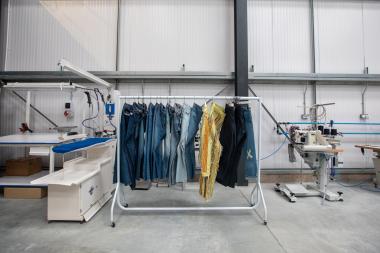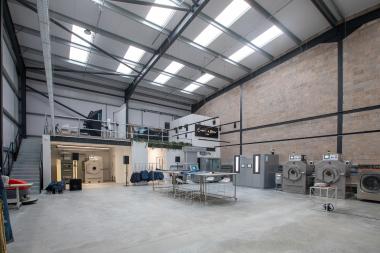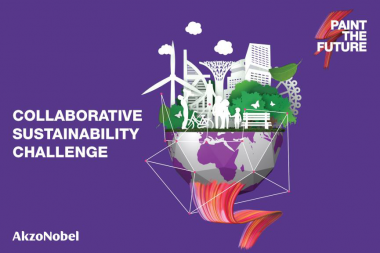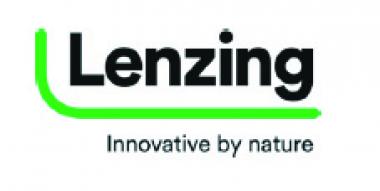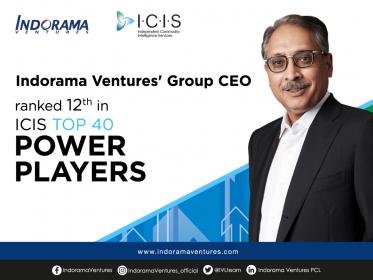EREMA Group: Growing revenues, plant sizes and production capacities
The EREMA Group, which comprises EREMA Group GmbH and its subsidiaries EREMA, PURE LOOP, UMAC, 3S, KEYCYCLE and PLASMAC, closed the 2021/22 financial year with a 17 percent increase in revenue. Consolidated Group revenue amounted to EUR 295 million, and the number of employees increased to over 840. The EREMA Group remains on course for continued growth.
A closer look at the post consumer segment clearly shows a trend towards larger plants, both for PET recycling and for processing polyolefins. For example, the first VACUREMA® Basic 2628 T machine with an annual capacity of up to 40,000 tonnes was recently commissioned at a customer's site in Brazil. This plant features a ten-meter-long special geometry screw with a diameter of 280 millimetres and a weight of 3.5 tonnes. The screw was developed and manufactured by 3S, a subsidiary of EREMA GmbH.
Demand for previously-owned machines at UMAC also remained high during the past financial year. In addition to the general trend towards plastics recycling, the decisive factor here is that customers are more frequently opting for previously-owned systems available at short notice due to the tense situation on the procurement markets. At the same time, businesses that have so far had little contact with recycling are also becoming increasingly interested in this topic. Their need for feasibility studies, consulting and engineering services, project management and turnkey projects are now also very successfully catered for by KEYCYCLE, an EREMA Group company. KEYCYCLE has also acquired from Cadel Deinking the patent, technology and distribution rights for an innovative ink removal technology, which is now being further developed using the know-how of the EREMA Group and shaped into a product that meets industrial standards.
The initiative launched four years ago to modernise and expand existing EREMA Group sites was continued during the past financial year with the expansion and construction of a dedicated machine demonstration centre for PLASMAC in Milan. Equipped with additional production floor space and new and enlarged customer centres, all companies within the group are now well prepared to meet rising demand, and with the new research and development centre under construction in Ansfelden, the framework for further outstanding plastics recycling milestones from EREMA is currently being optimised.
EREMA Group GmbH





